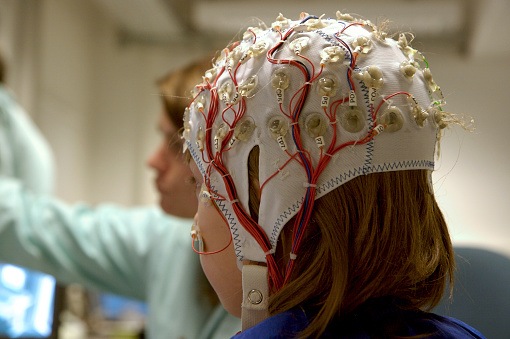
A study published in Epilepsia evaluated genetic associations with epilepsy in a population of Japanese patients.
“Although a number of genes responsible for epilepsy have been identified through Mendelian genetic approaches, and genome‐wide association studies (GWASs) have implicated several susceptibility loci, the role of ethnic‐specific markers remains to be fully explored. We aimed to identify novel genetic associations with epilepsy in a Japanese population,” the researchers explained.
A GWAS was performed in 1,825 patients with varying types of epilepsy, as well as 7,975 controls. The researchers conducted an expression quantitative trait locus (eQTL) analysis of epilepsy‐associated single nucleotide polymorphisms (SNPs) specifically with Japanese eQTL data.
Their analysis found that a novel region about 2 Mb (lead SNP rs149212747; P=8.57×10−10) at chromosome 12q24 was a risk factor for epilepsy. The loci were primarily polymorphic in East Asian populations and were monomorphic among the European population. The region is home to 24 transcripts, among them CUX2, ATXN2, BRAP, ALDH2, ERP29, TRAFD1, HECTD4, RPL6, PTPN11, and RPH3A. Related SNPs had an association with differential expression of genes at 12q24.
“These findings suggest that a gene or genes in the CUX2‐RPH3A ~2‐Mb region contribute to the pathology of epilepsy in the Japanese population,” the researchers summarized.
Source: Epilepsia (https://onlinelibrary.wiley.com/doi/10.1111/epi.16911)







 © 2025 Mashup Media, LLC, a Formedics Property. All Rights Reserved.
© 2025 Mashup Media, LLC, a Formedics Property. All Rights Reserved.